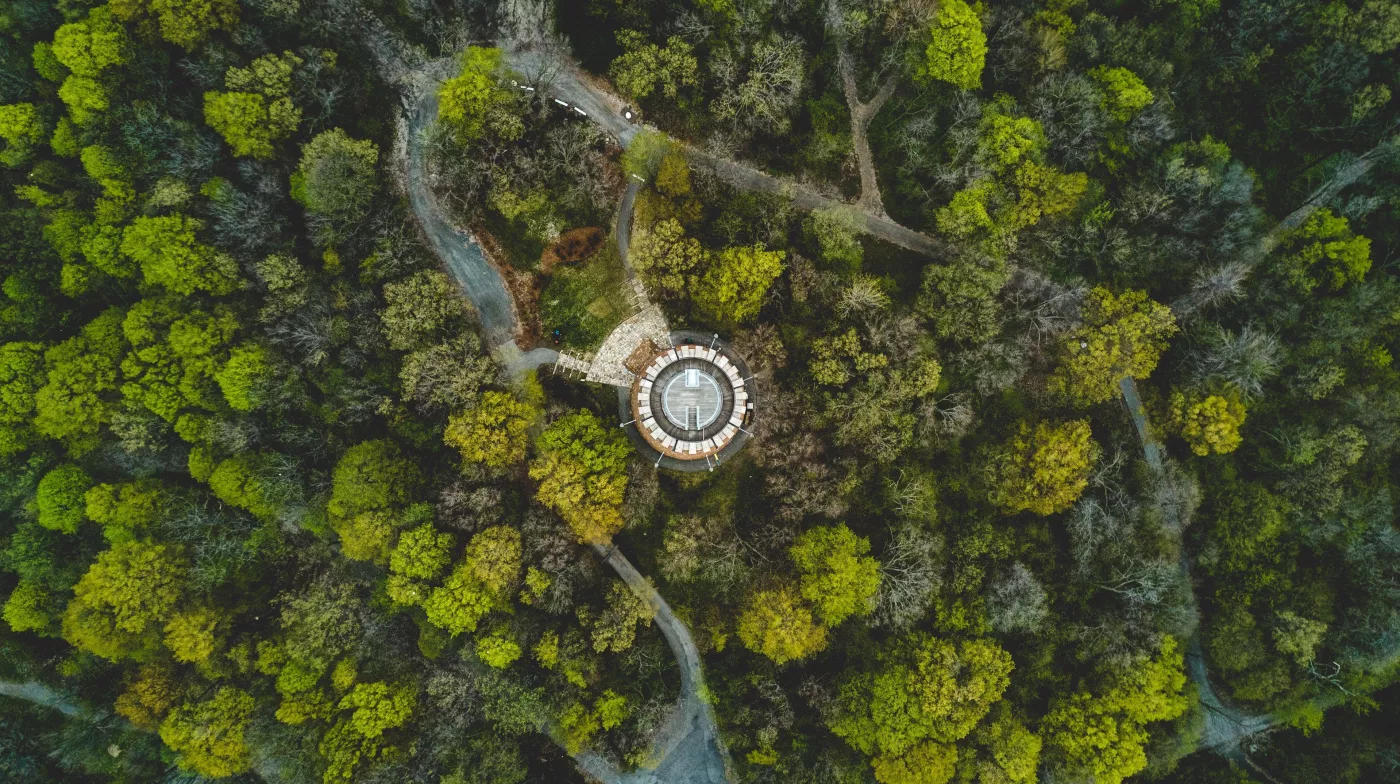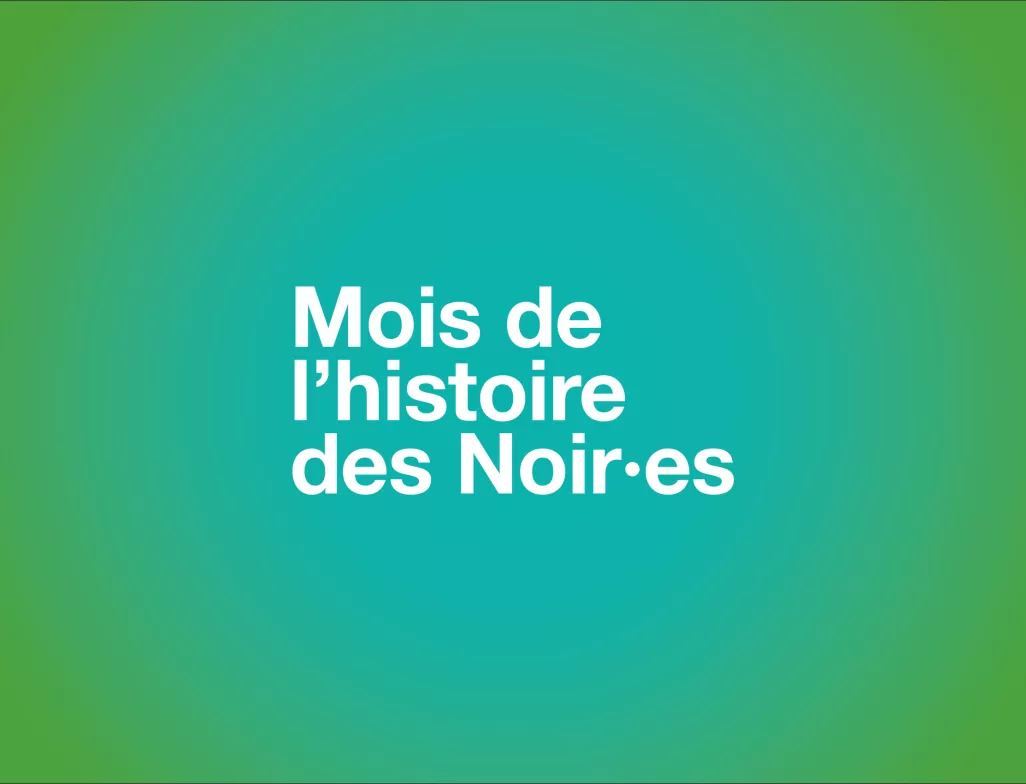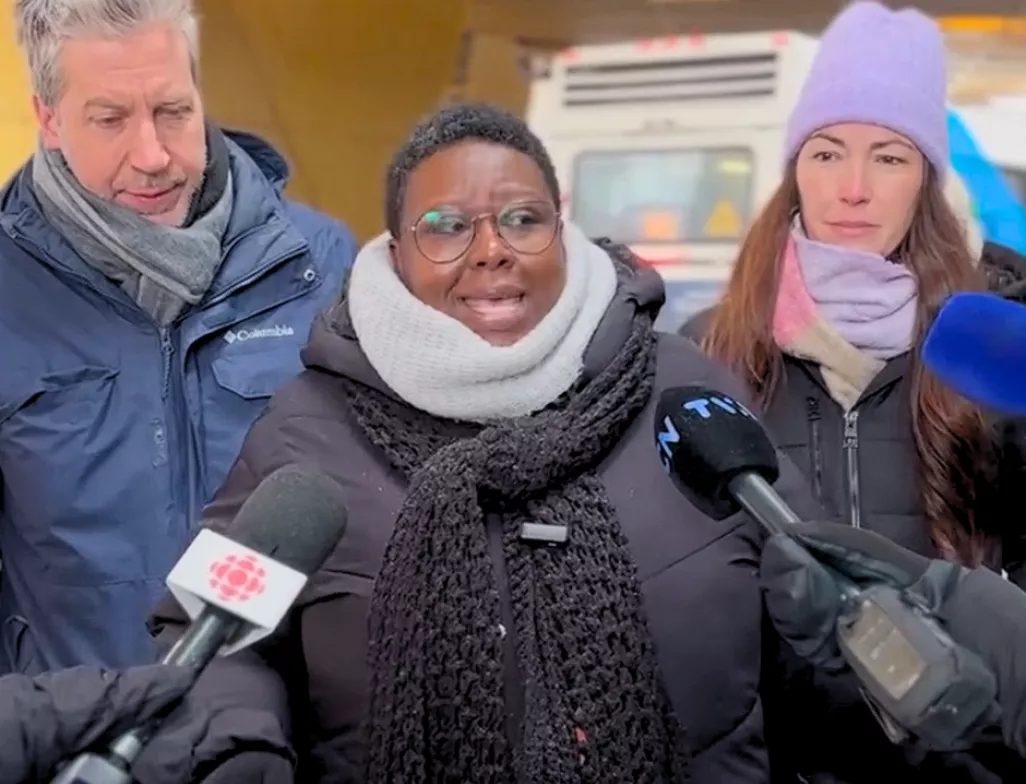Sylvain Ouellet, City Councillor for the François-Perrault district in the borough of Villeray-Saint-Michel-Parc-Extension, is proud to unveil an ecological development concept for the future Dickie-Moore Park, in the heart of MIL Montréal in the borough of Villeray-Saint-Michel-Parc-Extension. The project calls for the development of a 4,000 sq. m. park at the intersection of Beaumont and De l'Épée avenues, as well as the redesign of De l'Épée Avenue to ease traffic and make it safer for active travel. With a great deal of vegetation, the new park will provide new public space for recreation and play that will address the lack of green space in the area. It will include a water park, a playground designed as a playful discovery trail, and a large grassy area contributing to the ecological management of rainwater runoff. The proposed design takes into account requests made during a public participation process conducted by the City for the design of the park.
"Dickie Moore Park will respond to the needs expressed by the public during the consultation process,” said Eric Alan Caldwell, who is responsible for urban planning and mobility on the executive committee. “Extensive vegetation will directly contribute to the reduction of heat islands in an area that is extremely mineralized. I’m impressed with the quality of the landscaping and the attention to detail in everything from the play areas to the gathering areas, which are designed both to allow for programming and to manage rainwater in an environmentally friendly manner. I am very proud that this project has been able to capture and integrate the needs expressed by the citizens,"
"Dickie Moore Park will be a prime example of sustainable development, especially the new roadbed of De L'Épée Avenue, which will be made entirely of recycled materials,” added Sylvain Ouellet, vice-president of the executive committee and responsible for water, water infrastructure and other infrastructure and the Commission des services électriques. “Including infrastructure and development work within the same project means construction costs and timeframes are optimized, while the risks associated with project management are minimized. It’s an exemplary project from all points of view, and can serve as an inspiration for many others to come, as we work hard to create inspiring living environments on a human scale throughout Montréal.”
An ecological and innovative project
MIL Montréal has been designated as the first sustainable development flagship project for the Montréal community. This designation is intended to encourage innovation and the adoption of best practices in sustainable development throughout the project. For example, the proposed concept for the park and the reconstruction of rue de l'Épée means the implementation of best practices in stormwater management. A special effort was also made to preserve existing, mature trees in order to reduce the heat island effect and retain carbon storage. Finally, the roadbed of De L'Épée Avenue will be composed largely of recycled materials, a first for Montréal. If the experiment proves successful, this practice could be extended to other projects.
In addition to surface improvements, the contract awarded to Construction H2D includes the reconstruction of underground infrastructure, the roadway and sidewalks made of concrete pavers with granite curbs. It also includes the burial of the cable networks on De l'Épée Avenue, which will contribute to the comfort and safety of active transportation, as well as increase vegetation and the tree canopy. This work represents an investment of $5.7 million. It will take place from April to December 2021. and the park is scheduled to open in the spring of 2022.
As part of implementation of the right of first refusal for social housing, note that the Parc-Extension sector has the largest number of reserved building lots. In addition to acquisition of the Plaza Hutchison property, which will allow for the creation of some 40 social housing units for families and individuals, more than 120 lots have been identified in the neighbourhood and adjacent to the MIL campus. Ongoing monitoring is being done to identify new sites for social and community housing projects. In the long term, the goal of the Montréal municipal administration is to provide 225 new social housing units in the area.



